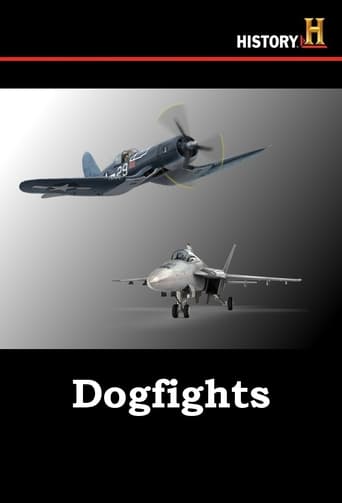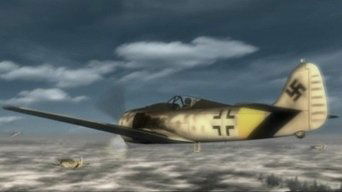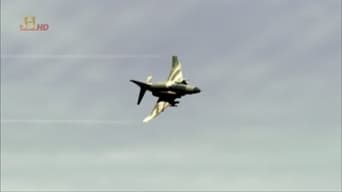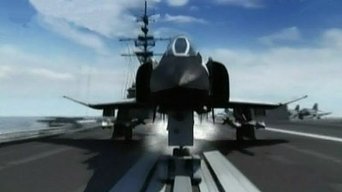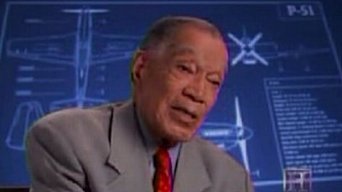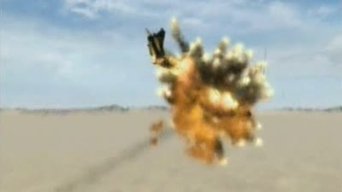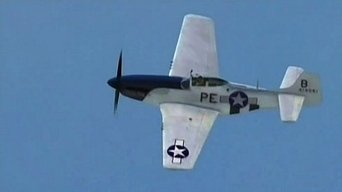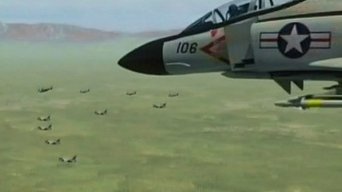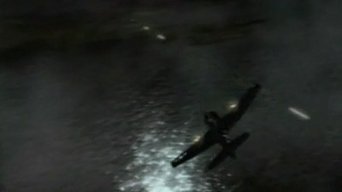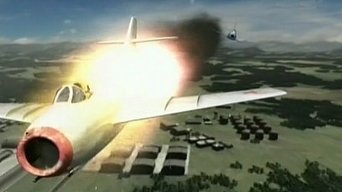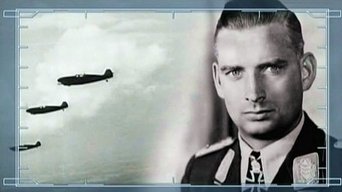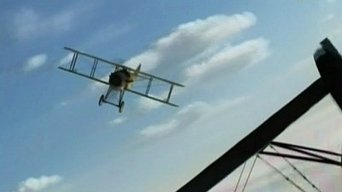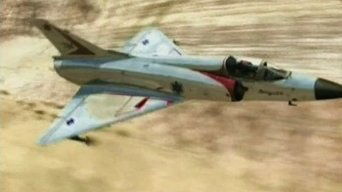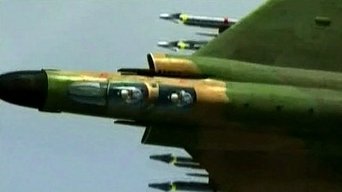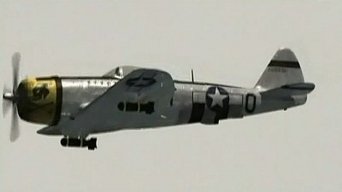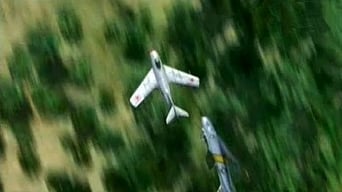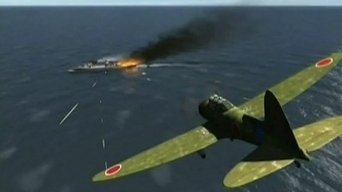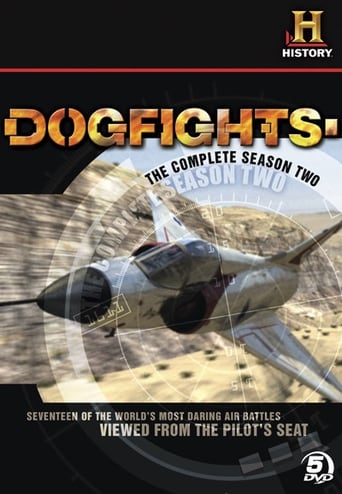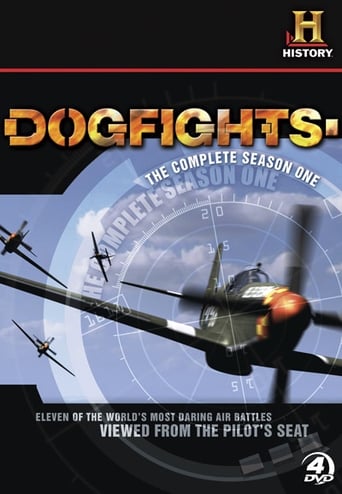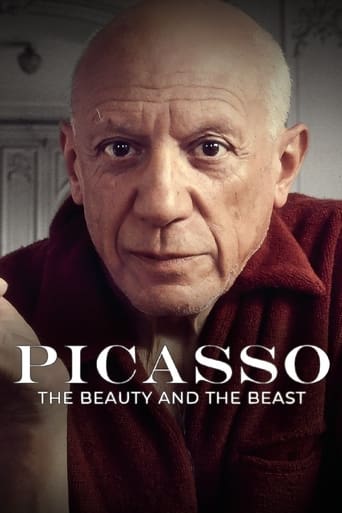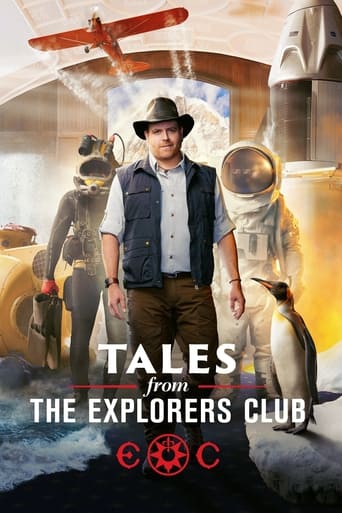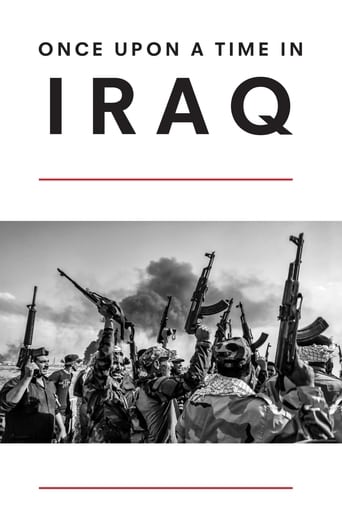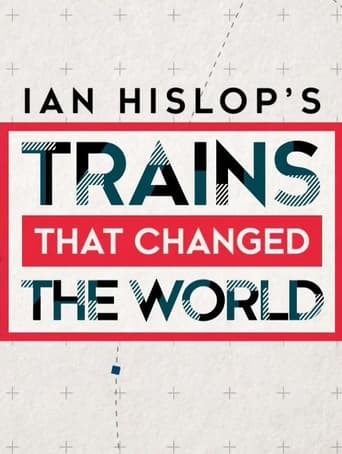Dogfights Season 2
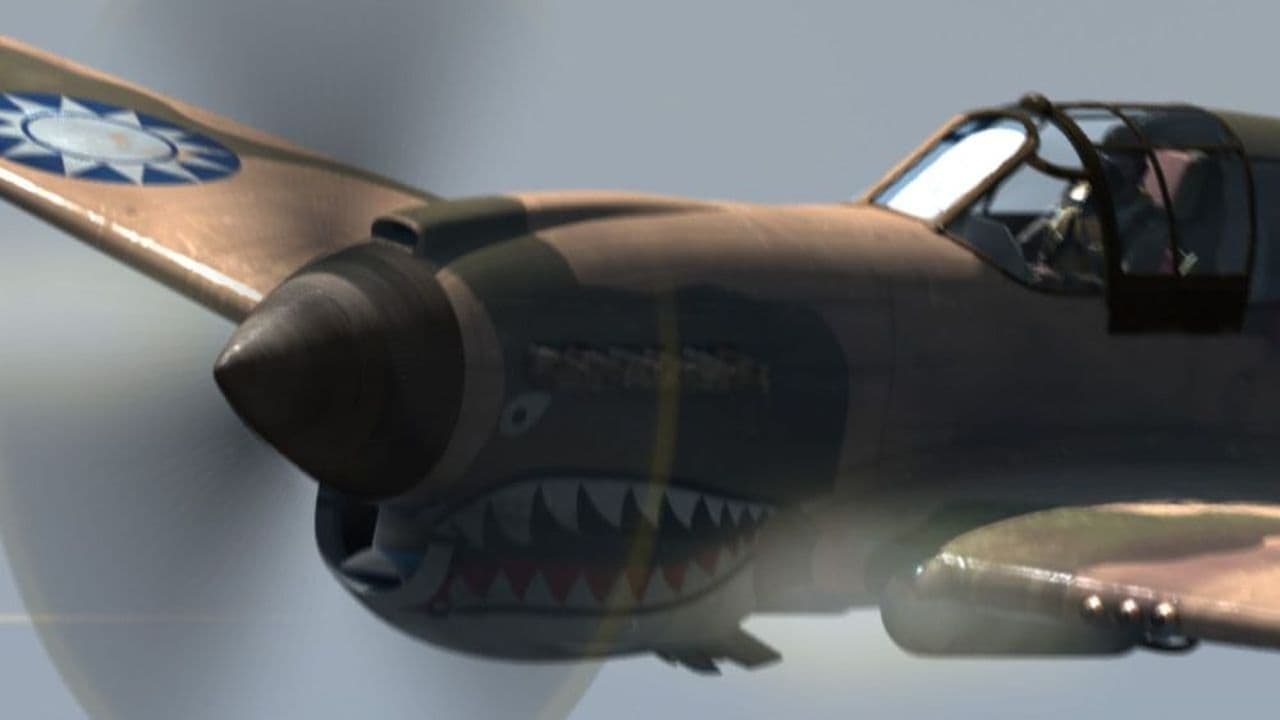
Dogfights is a military aviation themed TV series depicting historical re-enactments of air-to-air combat that took place in World War I, World War II, the Korean War, and the Vietnam War, as well as smaller conflicts such as the Gulf War and the Six-Day War. The program, which airs on the History Channel, consists of former fighter pilots sharing their stories of actual dogfights in which they took part, and uses computer-generated imagery to give the viewer a better perspective of what it is like to partake in aerial combat The series premiered on November 3, 2006.
Watch NowWith 30 Day Free Trial!
Dogfights
2006 / TV-PG

Dogfights is a military aviation themed TV series depicting historical re-enactments of air-to-air combat that took place in World War I, World War II, the Korean War, and the Vietnam War, as well as smaller conflicts such as the Gulf War and the Six-Day War. The program, which airs on the History Channel, consists of former fighter pilots sharing their stories of actual dogfights in which they took part, and uses computer-generated imagery to give the viewer a better perspective of what it is like to partake in aerial combat The series premiered on November 3, 2006.
Watch Trailer
With 30 Day Free Trial!
Dogfights Season 2 Full Episode Guide
Experience five future combat scenarios featuring modern 4.5 and 5th generation designs. First 4 F-22 Raptors engage Mikoyan MiG-29s, Sukhoi Su-30s and Dassault Rafales with the B-1R missile truck. The next scenario involves a group of F-35 Lightning IIs led by Raptors facing SA-23 surface to air missiles and MiG-35s. Next, Dassault Rafales and F-22s engage Su-30s with a Boeing 767 modified to carry a laser. Then the F-22 fights with the Russian fifth generation Su-47 Berkut. The show ends with a "dogfight" in low Earth orbit between two scramjets.
Secret weapons of World War II, including German Me 163 Komet rocket powered fighter planes, Japanese kaiten suicide submarines, and the American remote controlled airplanes of Operation Aphrodite.
The Luftwaffe's last great offensive, called Operation Bodenplatte, occurred on January 1, 1945. Bob Brulle, Sanford K. Moats, Alden Rigby, and Richard Creamer were American pilots of the 352d Fighter Group whose airbase, known as Y-29, was attacked by fighters. After this day, the Luftwaffe was shattered as an effective fighting force.
Travel back to three conflicts, WWII, Korea and Vietnam. See that for a fighter pilot, speed is your friend. And if the circumstances are right, speed kills. Your in the cockpit of a F4-U Corsair, a DH.98 Mosquito and a F-4 Phantom as you learn just what an advantage speed is.
Recalling Vietnam War battles involving F-4 Phantoms from the USS Midway. This episode portrays dogfights fought by J.C. Smith, Henry "Bart" Bartholomay, Pat Arwood, Mike "Taco" Bell, Ronald "Mugs" McKeown, and John C. "Jack" Ensch.
The Tuskegee Airmen were African-American pilots of the 332d Fighter Group. They distinguished themselves as one of the most successful fighter groups of World War II, despite the bigotry and prejudice they faced from their own countrymen. Piloting P-51 Mustangs, they flew many missions protecting American bombers from the German Luftwaffe. The episode includes interviews with pilots Lee Archer, Roscoe Brown, and Charles McGee.
An EF-111 Raven is attacked by an Iraqi Mirage F-1 jet and American fighter pilots pit F-15 Eagles against Iraqi MiG-25s and advanced MiG-29s as part of Operation Desert Storm. American aviators James Denton, Brent Brandon, Larry Pitts, Cesar Rodriguez, Craig Underhill, and Tony "Kimo" Schiavi are interviewed.
In the European and Pacific theaters of World War II, the P-51 Mustang became one of the conflict's most successful and recognizable aircraft. The episode includes interviews with Mustang pilots Donald S. Bryan, Robert Scamara, and Richard Candelaria.
May 10, 1972, was the bloodiest day of air combat during the Vietnam War. American F-4 Phantoms, A-6 Intruders, and A-7 Corsairs fought against North Vietnamese MiG-21s and MiG-19s. The episode includes battles fought by Bob Lodge and Roger Locher and by Charles B. DeBellevue.
The history of dogfighting in darkness is covered. Radar equipped F6F Hellcats shoot down A6M2 Rufes, and P-61 Black Widows score kills in World War II. The F3D Skyknight downs a faster MiG-15 in the Korean War. USAF F-15 Eagles and F-117 Nighthawks oppose MiG-29s in Operation Allied Force.
It's where a pilot can ill afford to make a mistake...but where dogfights are inexorably drawn. Down on the deck-at treetop level-the margin for error is zero.
On April 7, 1945, pilots of the German Sonderkommando Elbe ram their own aircraft into incoming American bombers.
Dogfighting was invented by the fighter pilots of World War I. Ernst Udet's Albatros D.III vs. Georges Guynemer's SPAD VII; Werner Voss, flying a Fokker triplane, battles six S.E.5a pilots, including James McCudden, Arthur Rhys Davids, and Richard Maybery; Arthur Raymond Brooks and his SPAD XIII dogfights with eight Fokker D.VIIs.
Pilots of the Israeli Air Force. The episode covers combat missions flown by Ran Ronen and by "ace of aces" Giora Epstein. Ronen used the French-built Mirage III to engage Hawker Hunters. Epstein flew a Mirage against Egyptian Sukhoi Su-7s in the Six-Day War, and piloted a Nesher against MiG-21s in the Yom Kippur War.
The era of missiles had arrived, and electronic warfare was coming of age. But when technology failed, pilots were forced to fight the old-fashioned way — with guns. Clinton Johnson and Charles Hartman down a MiG-17 with propeller-driven A-1 Skyraiders; Robert Titus and Milan Zimer's F-4 Phantom shoots it out with a gun pod against MiG-21s; Darrell Simmonds and George McKinney's Phantom fights MiG-17s.
The rugged P-47 Thunderbolt, or "jug" as it was known, was the largest single-seat fighter plane of World War II. The episode portrays aerial battles fought by Robert S. Johnson, George Sutcliffe, and Ken Dalhberg against Focke-Wulf Fw-190s and Messerschmitt Me-109.
In the skies over North Korea, F-86 Sabres battle MiG-15s. American pilots such as James Jabara, Ralph "Hoot" Gibson, and Ralph Parr are in pursuit of a previously unknown achievement — the title of jet ace.
Towards the end of World War II, Japan sent volunteer pilots on suicide attacks against American naval targets. Kamikaze attacks covered include those against the escort carrier USS St. Lo on October 25, 1944, and the destroyer USS Laffey on April 15, 1945. Also discussed is the use of Japanese Ohka rocket planes.
Free Trial Channels
Seasons


